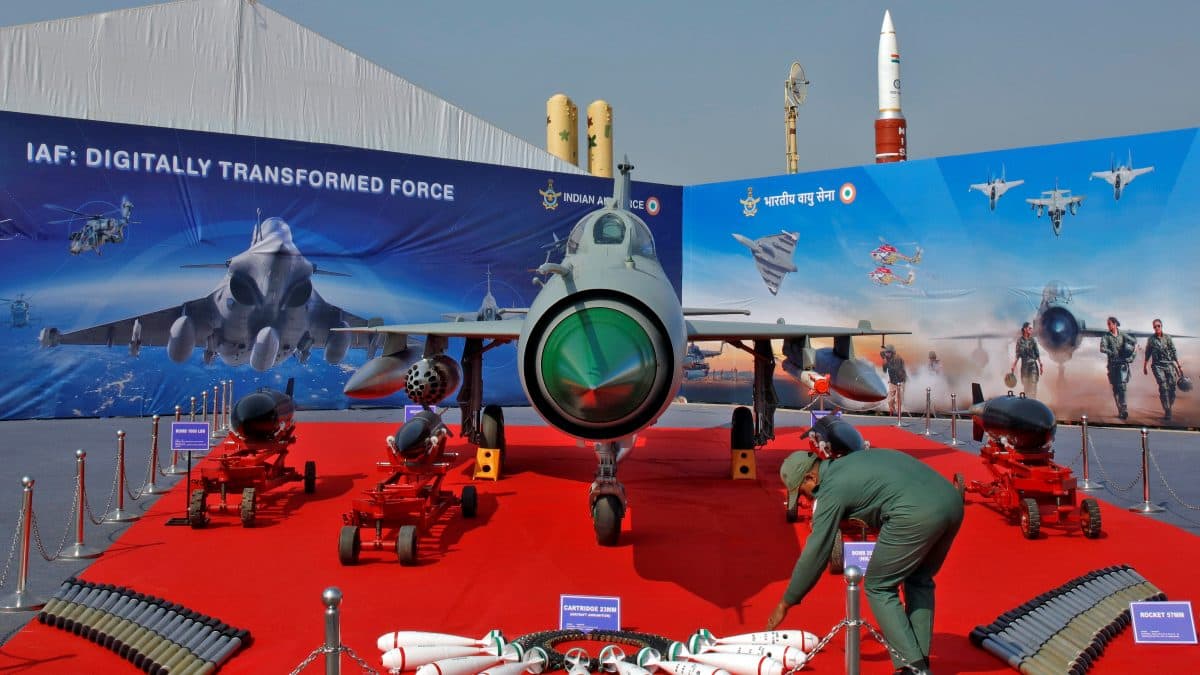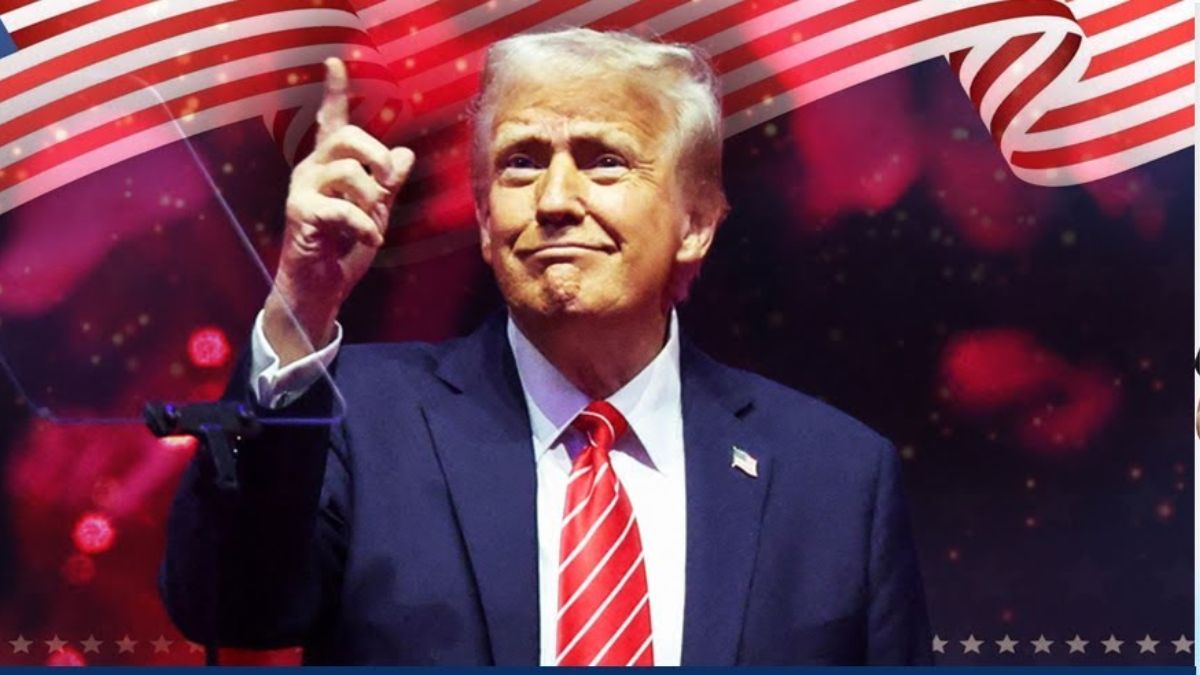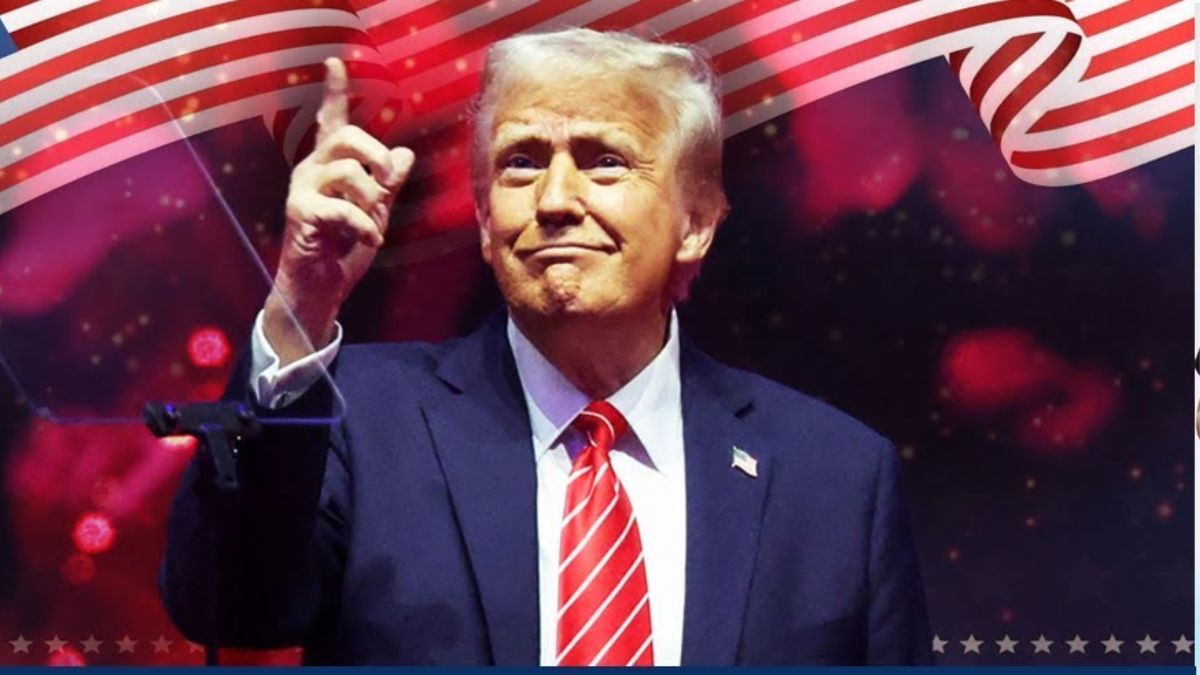Russian President Vladimir Putin gave a rare and exclusive interview to former Fox News host Tucker Carlson, which premiered on 8 February 2024. In the two-hour-long conversation, Putin engaged candidly, touching upon critical themes that shape Russia’s foreign policy. Let’s dissect key excerpts from the interview and explore the historical context behind them:
- NATO’s eastward expansion
“We were told that NATO would not expand eastward**. This was a lie. Five waves of NATO expansion followed. We did not respond to any of them. We were trying to persuade them, ‘Please don’t do it; we are a market economy now, we have no Communist Party in power, let’s negotiate.’ But no, they did not listen to us.**”
Declassified documents from the National Security Archive shed light on the assurances provided by the United States to Soviet leader Mikhail Gorbachev regarding NATO expansion. During a 1990 conversation between Gorbachev and Secretary of State James Baker, Baker emphasized that the US had no plans for NATO’s eastward expansion. Despite these assurances, historical developments—including German reunification and shifts in Gorbachev’s influence—ultimately led to NATO’s eastward expansion, rendering the earlier promises ineffective. As NATO expanded eastward, it not only included former Soviet satellites but also former Soviet republics. While US policymakers supported the aspirations of Estonia, Latvia and Lithuania, they seemed to overlook Russian security interests.
However, the Western account tells a different story. As per the NATO’s website- In 1989, the notion of NATO enlargement beyond a united Germany was not a priority, especially given the continued existence of the Warsaw Pact until 1991. Former Soviet leader Mikhail Gorbachev confirmed in a 2014 interview that the topic of “NATO expansion” was never raised during those years. Individual NATO members lack the authority to make binding agreements on behalf of the alliance. President Bill Clinton consistently rejected Boris Yeltsin’s proposal that no former Soviet republics should join NATO. Clinton emphasized that NATO operates by consensus, and he would not personally veto any country’s accession to the alliance.
- NATO’s bombing of Yugoslavia
“They bombed Belgrade in violation of international law and the UN Charter. And when we protested and expressed our indignation, they said that the UN Charter and international law were outdated. Now they are invoking international law all the time, but back then they said that everything had changed and needed to be revised.”
Impact Shorts
More ShortsThe NATO bombing of Yugoslavia took place in 1999 as part of the Kosovo War. The conflict arose between the ethnic Albanian majority in Kosovo seeking independence and the Yugoslav government led by president Slobodan Milosevic, which opposed such aspirations. The NATO intervention aimed to stop the alleged ethnic cleansing and human rights abuses committed by Yugoslav forces in Kosovo. NATO’s new Strategic Concept justifies Alliance intervention anywhere in Europe to uphold stability and human rights.
However, Russia has strong historical and cultural ties with Yugoslavia, particularly as a Slavic and Orthodox Christian ally. Russia was a member of the Balkans Contact Group, working diplomatically to de-escalate the conflict. When the UN Security Council failed to provide a mandate for NATO’s intervention due to Russia’s veto, NATO proceeded with the bombings without explicit international approval. Russia strongly opposed the military action, viewing it as a violation of Yugoslavia’s sovereignty.
- Rejecting Russia’s integration into NATO
“At a meeting here in the Kremlin with the outgoing President Bill Clinton, right here in the next room, I said to him, I asked him, “Bill, do you think if Russia asked to join NATO, do you think it would happen?” Suddenly he said: “You know, it’s interesting, I think yes.” But in the evening, when we had dinner, he said, “You know, I’ve talked to my team, no-no, it’s not possible now.”
Contrary to the Putin’s views, the Western narrative on the issue is quite different. According to a report by The Guardian, former Labour defence secretary George Robertson, who led NATO from 1999 to 2003, shared details of his initial encounter with Russian President Vladimir Putin. At that pivotal meeting, Putin expressed a clear desire for Russia to be integrated into Western Europe—a secure, stable, and prosperous realm from which Russia felt excluded. When Putin inquired about NATO membership, Robertson clarified that NATO doesn’t extend invitations; countries must apply. Putin responded, “Well, we’re not standing in line with a lot of countries that don’t matter.”
- Alleged Western support for unrest in the North Caucasus
“I repeatedly raised the issue that the United States should not support separatism or terrorism in the North Caucasus, but they continued to do it anyway. And political support, information support, financial support, even military support came from the United States and its satellites for terrorist groups in the Caucasus.”
The North Caucasus region, situated in the southwestern part of the Russian Federation, has a long history of instability. As the smallest federal district in Russia, it is home to a population of ten million people. Unlike other districts, ethnic Russians do not constitute a majority there. The North Caucasus serves as a boundary between the Muslim and Christian worlds, with a predominantly Muslim population.
Over time, Russia has repeatedly accused Western powers of exacerbating the unrest in the North Caucasus region. In a documentary commemorating fifteen years of Putin’s presidency (2015), the Russian leader asserted that the United States supported separatist movements in the North Caucasus during the 2000s. According to him, Russian intelligence agencies monitored direct communications between fighters from the North Caucasus and US Special Forces in Azerbaijan, revealing alleged assistance provided by Washington to the insurgents, including transportation support. However, these claims have been dismissed by Western powers, who consider them part of Russian rhetoric.
- Attributing blame for the ongoing Russia-Ukraine war
“It was they who started the war in 2014. Our goal is to stop this war. And we did not start this war in 2022. This is an attempt to stop it.”
The Ukrainian government under Viktor Yanukovych, halted signing an Association Agreement with the European Union in 2014. This decision sparked widespread protests in Kyiv, the Ukrainian capital. Masses gathered in Independence Square, also called the Maidan. Amidst these demonstrations, president Viktor Yanukovych, who had close ties to Moscow, faced mounting pressure. The situation escalated into a political crisis, what became known as the “Euromaidan Crisis.” Eventually, Yanukovych was ousted from power, and Ukraine returned to its 2004 Constitution. Russia, however, views this as a West-backed coup d’état.
- Reason for the launch of “Special Military Operations”
“ Firstly**, the current Ukrainian leadership declared that it would not implement the Minsk agreements, which had been signed, as you know, after the events of 2014 in Minsk, where the plan of peaceful settlement in Donbas was set forth. But no, the current Ukrainian leadership, foreign minister, all other officials, and then president himself said that they don’t like anything about the Minsk agreements. In other words, they were not going to implement it. A year or a year and a half ago, former leaders of Germany and France said openly to the whole world that they indeed signed the Minsk agreements, but they never intended to implement them. They simply led us by the nose****.**”
The Minsk agreements were meant to stop the war in the Donbas region in Ukraine. This area had been witnessing conflict between Ukrainian forces and Russian-backed separatists. The Minsk agreements, signed in the aftermath of Russia’s actions in Crimea in 2014, were designed to establish a ceasefire and create conditions for negotiating a lasting peaceful resolution between the neighbours. However, there’s a problem of difference in interpretations by Ukraine and Russia. The Ukrainian government perceives the Minsk agreements as a pathway to reunite Ukraine, while the Kremlin contends that these accords outline a process that would establish Russia-aligned administrations in Luhansk and Donetsk. Additionally, a special status be granted to these regions before their eventual reunification with the rest of Ukraine. So, it’s a bit of a puzzle, referred to as the “Minsk conundrum”.
- “De-Nazification of Ukraine”
“We haven’t achieved our aims yet because one of them is denazification_. This means the prohibition of all kinds of neo-Nazi movements._”
According to Putin, Ukraine’s quest for a national identity has led them to embrace controversial figures. While the country has taken legal measures to combat antisemitism, there has been an unfortunate rise in swastika-laden vandalism targeting synagogues and Jewish memorials. Simultaneously, Ukraine has erected statues honouring nationalist figures, some of whom collaborated with the Nazis during World War II. Stepan Bandera, leader of the Organization of Ukrainian Nationalists, remains a contentious figure despite his wartime actions as a local militia member for the SS and German army. The issue of Nazification intertwines memory, politics, and societal debates, shaping Ukraine’s trajectory.
Final take away
This interview provides an insight into the complex dynamics shaping Russia’s relations with the West and its stance on key geopolitical issues. From historical assurances on NATO expansion to the controversial NATO bombing of Yugoslavia and the ongoing conflict in Ukraine, Putin articulates grievances that underscore deep-seated tensions. The interview not only highlights the clash of narratives between Russia and the West but also reveals the intricacies of historical memory, particularly concerning Ukraine’s national identity and the issue of “de-Nazification.” As the world grapples with the unfolding events in Eastern Europe, this interview serves as a critical lens through which to understand Russia’s perspective and the geopolitical puzzle that defines its relationship with the international community.
The author is a PhD (CRCAS) from School of International Studies, Jawaharlal Nehru University. Views expressed in the above piece are personal and solely that of the author. They do not necessarily reflect Firstpost’s views.
Read all the Latest News, Trending News, Cricket News, Bollywood News,
India News and Entertainment News here. Follow us on Facebook, Twitter and Instagram.


)

)
)
)
)
)
)
)
)



